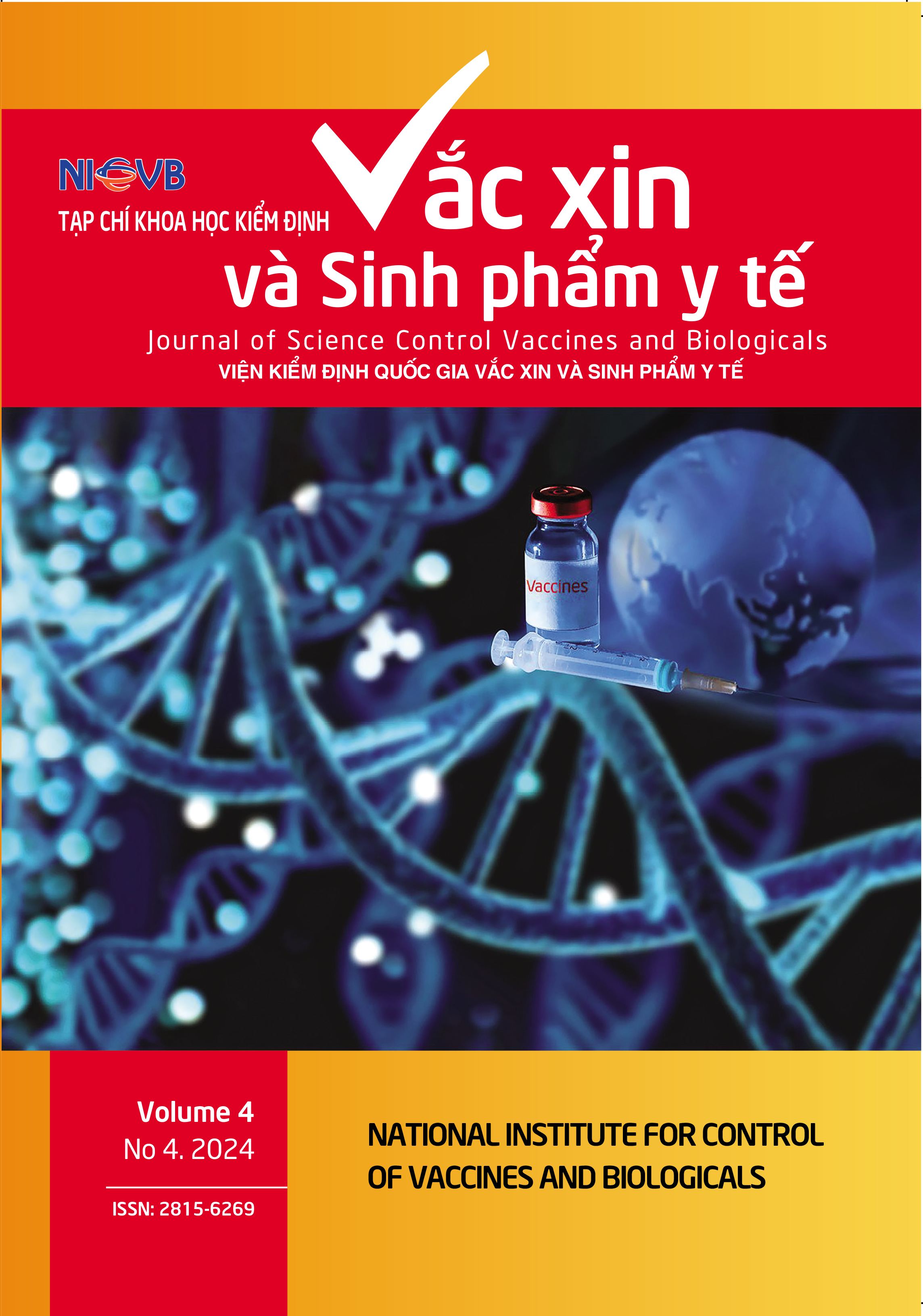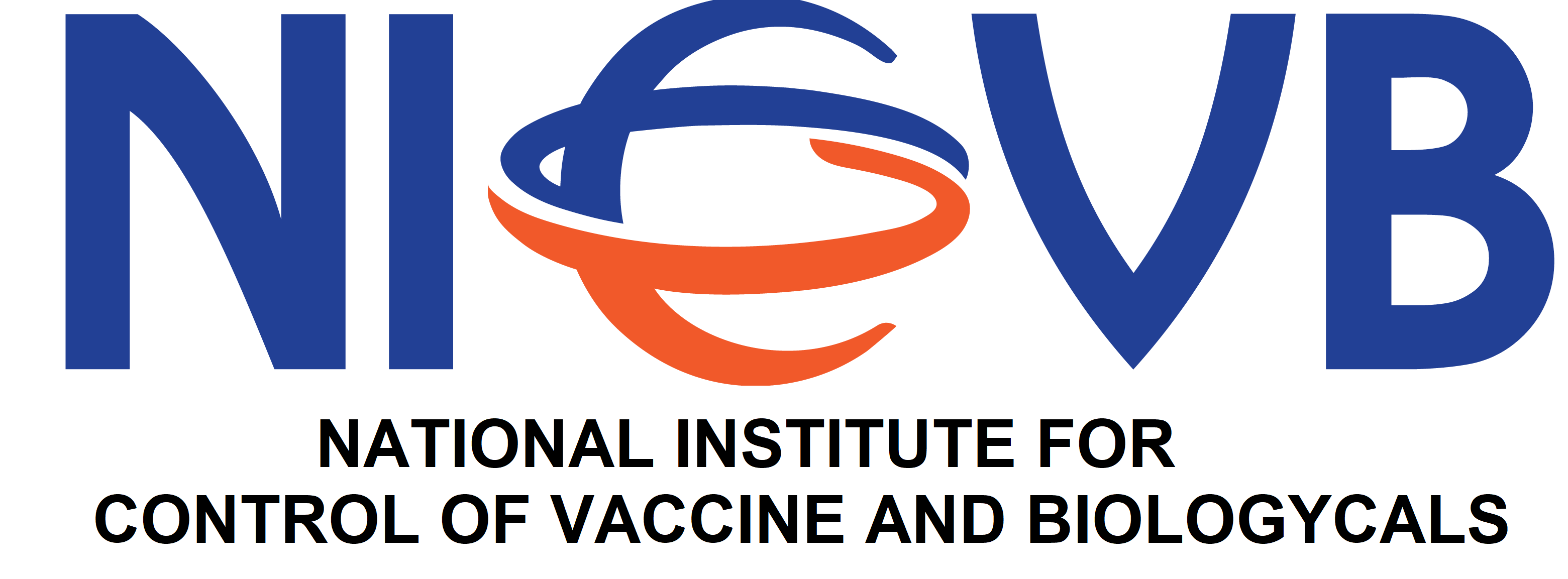STUDYING THE APPLICATION OF ARTIFICIAL INTELLIGENCE IN BUILDING HUMAN G-BANDED KARYOTYPE
DOI:
https://doi.org/10.56086/jcvb.v4i4.195Keywords:
artificial intelligence, chromosomes, classification, polarizationAbstract
: Objective: To evaluate the effectiveness of artificial intelligence software in building human g-banded karyotype. Research method: Cross-sectional description. Results: The study on 237 chromosome cluster images corresponding to 10,841 Giemsa-stained single metaphase chromosome images of patients undergoing karyotype testing from peripheral blood at the Center for Clinical Genetics - Hanoi Medical University from June 2023 to August 2024 in evaluating the effectiveness of automatic chromosome classification and polarization of artificial intelligence software showed that the chromosome classification accuracy was 95.9%, the average chromosome classification accuracy on a chromosome cluster was 95.9 ± 4.1%. F1-score, Recall, and Precision of chromosome classification were 94.59%, 93.85%, and 96.16%, respectively. The accuracy of chromosome polarization is 98.7%, and the average chromosome polarization accuracy on a chromosome cluster is 98.74 ± 1.99%. Conclusion: The artificial intelligence software in the study has a good chromosome classification and polarization model, which can be applied to support and reduce the effort of people performing karyotype testing.







